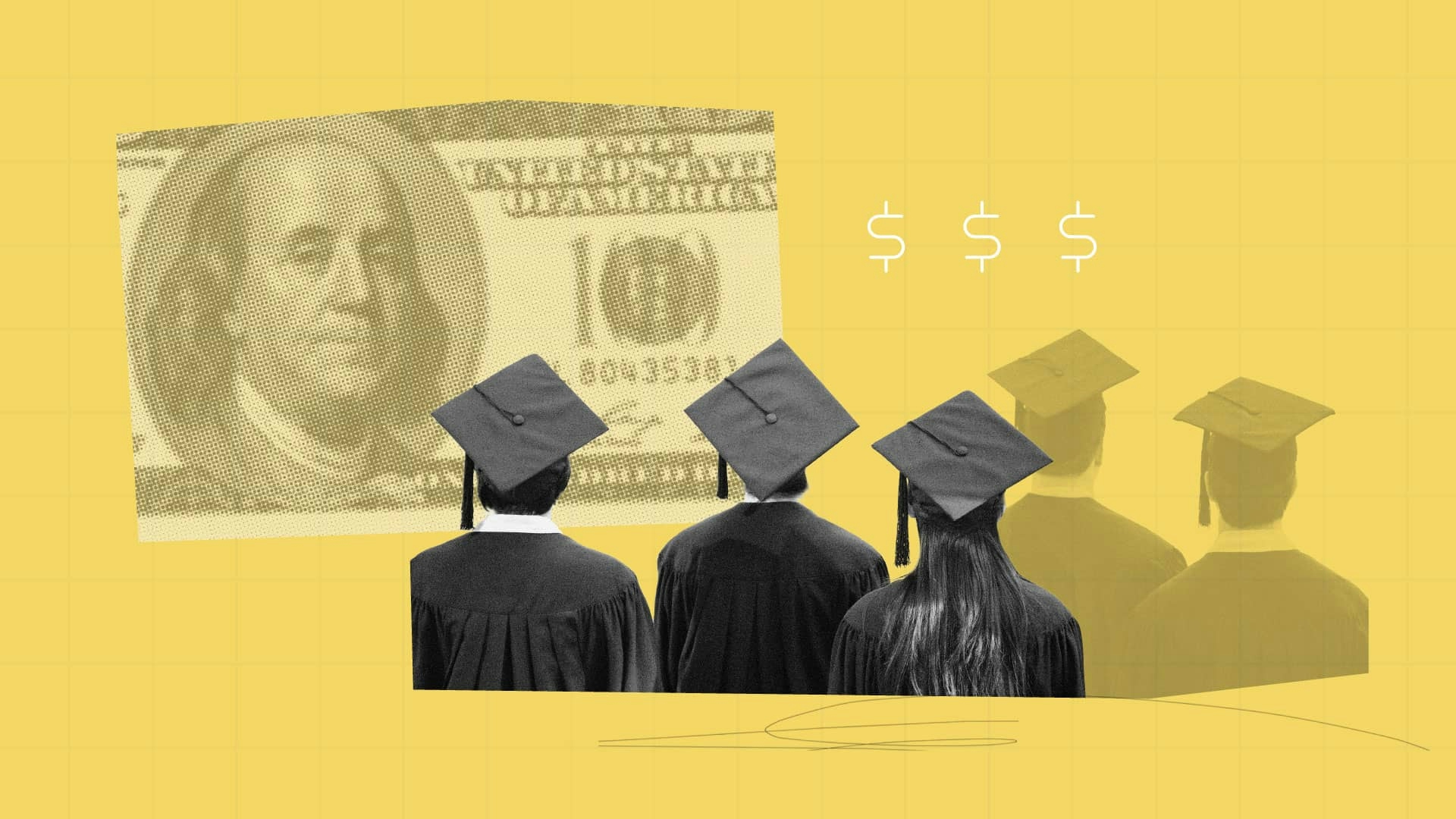Nearly 3 in 5 Student Loan Borrowers Say They Won’t Be Able to Afford Their Payments Come January

With the federal student loan payment moratorium set to be lifted at the beginning of next year, a new Morning Consult survey shows that a majority of borrowers believe they won’t be able to afford making their payments when the time comes.
More Than Half of Student Loan Borrowers Say They Will Not Be Able to Afford Payments When the Current Pause Ends
Survey indicates student loan repayments will be a heavier burden for women, low-income households
- The White House announced in late August that federal student loan borrowers should expect to begin paying down their loans again in January 2023, but 58% of those with student debt said they would not be able to afford the payments.
- Women were more likely than men to say they wouldn’t be able to afford their payments, at 66% to 45%, respectively. According to Census Bureau data, women were 28% more likely than men to have student debt as of 2017.
- Among U.S. adults with student loans who live in households that make less than $50,000 a year, 68% said they would not be able to afford the payments, while 53% of those in households making between $50,000 and $100,000 a year said the payments would be unaffordable.
- It’s not just those with jumbo loans who report struggling: Among borrowers who said they owe $25,000 or less in student loans, 54% said the resuming payments would be unaffordable. The average borrower holds about $29,000 in student loan debt.
3 in 5 Student Loan Borrowers Say Resuming Payments Will Have a Major Impact on Their Financial Security
Resumed payments will have ‘major impact’ on financial security for most borrowers
- According to the Federal Reserve, the typical payment for student loan debt for those making payments totaled between $200 and $299 per month in 2019, though given the rising costs of housing, energy and food, those figures may now be more than the average borrower can afford. Among respondents in the survey with student loans, 60% said resuming payments would have a major impact on their financial security.
- While 65% of women with student loans said resuming payments would have a major impact on their financial security, 52% of men said the same.
- Among borrowers who had not completed a college degree, 63% said the end of the payment pause would have a major impact on their financial security. Those with higher-level degrees may not be much better at weathering the return of payments in 2023: 56% of borrowers with a bachelor’s degree and 58% of those with postgraduate degrees said their financial security would be impacted in a major way.
Borrowers risk losing financial progress gained during the pandemic
In March 2020, amid the onset of the COVID-19 pandemic, the Department of Education granted forbearance to holders of federal student loans, and according to the Fed, an estimated 60% of all borrowers took advantage of the program.
Data from the Fed’s Economic Well-Being of U.S. Households survey suggested that those who received federal student loan relief during the pandemic reported better financial well-being. Among young adult borrowers with at least a bachelor’s degree who received loan relief under the CARES Act, 82% said they were doing at least OK financially. And among those who did not receive any payment relief, 77% said the same.
In a May 27 note, however, the Fed pointed out that the last quarters of 2021 saw declining creditworthiness, rising default rates and growing credit card debt balances among borrowers who had otherwise seen improved credit scores throughout the pandemic. “On balance, these borrowers have seen their financial positions improve during the pandemic, but there are some signs of distress,” the Fed wrote.
The Aug. 27-28, 2022, survey was conducted among a representative sample of 715 U.S. adults who report having student loan debt, with an unweighted margin of error of plus or minus 3 percentage points.
Amanda Jacobson Snyder previously worked at Morning Consult as a data reporter covering finance.